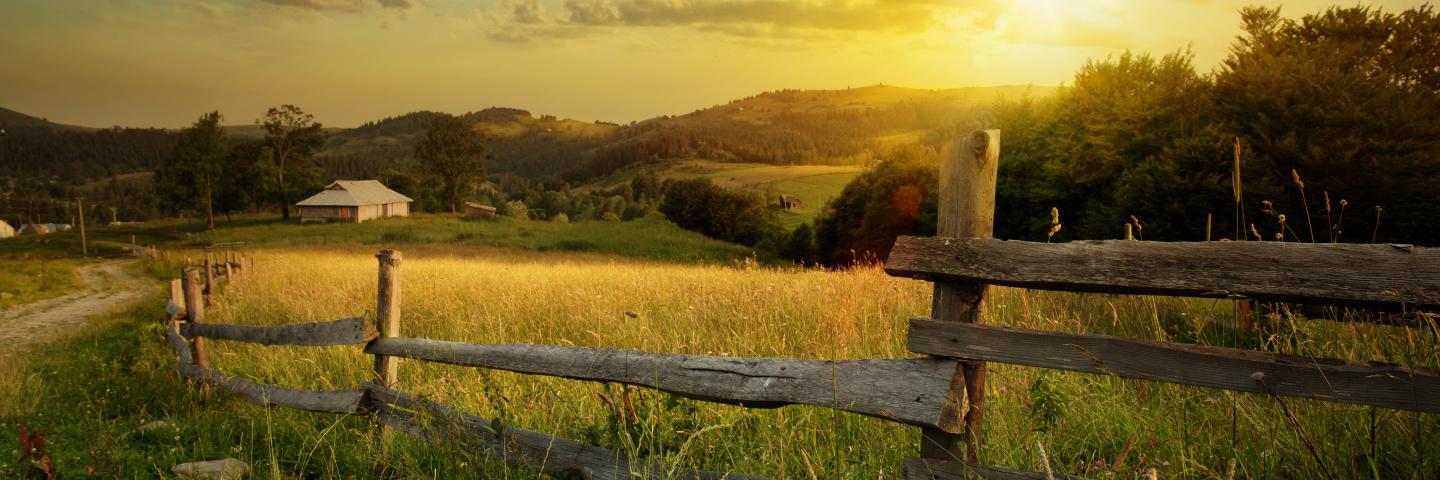NRCS New York Announces First FY24 Application Batching Date for Conservation Program Funding

Programs include the Conservation Stewardship Program, the Environmental Quality Incentives Program, the Great Lakes Restoration Initiative, National Water National Water Quality Initiative, Working Lands for Wildlife Golden-Winged Warbler, and Agricultural Management Assistance.
Natural Resources Conservation Service (NRCS) New York announces Friday, November 3, as the first batching date for applications submitted for Fiscal Year (FY) 2024 funding through the Conservation Stewardship Program (CSP), the Environmental Quality Incentives Program (EQIP), EQIP Initiatives including the Great Lakes Restoration Initiative (GLRI), National Water Quality Initiative, Working Lands for Wildlife Golden-Winged Warbler, and Agricultural Management Assistance (AMA).
Conservation Stewardship Program (CSP)
CSP helps farmers and forest landowners expand their conservation activities and take their conservation to the next level. Through CSP, agricultural producers and forest landowners earn payments for actively managing, maintaining, and expanding conservation and climate smart activities like cover crops, forest stand improvement, tree and shrub establishment and pollinator and beneficial insect habitat – all while maintaining active agricultural or forest production on their land. CSP also encourages the adoption of new technologies and new management techniques such as precision nutrient management, improved grazing systems, on-site carbon storage and planting for high carbon sequestration rate, and new soil amendments to improve water quality.
New York will be using ACT NOW for all CSP ranking pools in FY24. ACT NOW allows NRCS to expedite application approval and contract obligation in a designated ranking pool when an eligible application meets or exceeds a State determined minimum ranking score.
Environmental Quality Incentives Program (EQIP)
EQIP helps farmers and forest landowners integrate conservation into working lands. EQIP offers financial and technical assistance to eligible landowners and agricultural producers to implement practices which address resource concerns, including climate resiliency, soil health, water quality and habitat degradation. Focus areas include cropland, pastureland, forestland, the farmstead and wildlife. Examples of practices implemented include: cover crops, reduced tillage, high and low tunnels, pasture management, early successional forest habitat, forest stand improvement and manure storage facilities. Many practices now have cost scenarios for small farms so that the specialized costs needed for these operations can be better managed.
New York will be using ACT NOW for the High Tunnel and Conservation Planning Activity ranking pools in FY24. ACT NOW allows NRCS to expedite application approval and contract obligation in a designated ranking pool when an eligible application meets or exceeds a State determined minimum ranking score.
Great Lakes Restoration Initiative (GLRI)
GLRI helps NRCS accelerate conservation efforts on private lands located in targeted watersheds affecting Lake Ontario and Lake Erie. Through GLRI, NRCS-NY works with farmers and landowners to protect watersheds and shorelines from non-point source pollution.
National Water Quality Initiative (NWQI)
NWQI allows NRCS to target on-farm conservation investments and water quality monitoring to improve impaired watersheds. NRCS-NY is currently focused on using NWQI to enhance watersheds of the Cohocton River.
Golden-Winged Warbler (GWWA)
The Golden-winged Warbler is migratory songbird that depends on early successional, young forest habitat for breeding and nesting. This habitat has declined as forests have aged. Landowners are assisting this at-risk bird by voluntarily improving the health and diversity of their forests.
Agriculture Management Assistance (AMA)
AMA helps agricultural producers use conservation to manage risk and solve natural resource issues through conservation. NRCS-NY targets AMA funding to assist agricultural producers in urban areas.
How to Apply
Submit applications at your local NRCS Service Center. All applications are competitive and are ranked based on national, state and locally identified resource priorities and the overall benefit to the environment. Applications accepted after November 3, 2023, will be considered in the next batching period.

